The integration of AI into our daily lives has sparked a fascinating conversation about the future of human creativity. With AI's capacity to analyze data, generate content, and automate tasks, it's easy to wonder how our own creative abilities will fare.
The good news is that when used effectively, AI can augment and enhance our creativity in ways we never thought possible. By understanding the unique strengths of both humans and AI, we can tap into new levels of creative brilliance.
- AI as a Creative Catalyst: AI has the power to inspire and catalyze human creativity. By providing us with new information, insights, and perspectives, AI can help us break free from creative blocks and generate fresh ideas. For example, a writer facing writer's block might use AI-generated prompts to jumpstart their creativity, while a designer could employ AI-generated color palettes to explore new visual styles.
- AI and the Iterative Process: Creativity is often an iterative process, involving experimentation, feedback, and refinement. AI can streamline this process by quickly generating multiple variations of an idea, allowing us to rapidly test and iterate on concepts. This accelerated feedback loop can lead to more innovative and polished outcomes. For instance, an architect could use AI to generate multiple building designs based on specific parameters, enabling them to quickly identify the most promising options and refine them further.
- Collaborative Creativity: AI can also facilitate collaboration, both between humans and between humans and machines. In an AI-assisted brainstorming session, AI-generated ideas can be combined with human-generated ideas, resulting in a rich and diverse pool of concepts. This collaborative approach can lead to more innovative and unexpected solutions. In a design team, for example, AI could generate a wide range of logo concepts, which the team could then build upon, remix, or refine as needed.
- AI as a Creative Coach: AI can also serve as a creative coach, helping us identify our strengths and weaknesses, and providing personalized guidance to improve our skills. By analyzing our work, AI can offer tailored feedback and suggestions for improvement, empowering us to grow as creators. A musician, for instance, might use AI to analyze their compositions, receiving feedback on melody, harmony, and rhythm to help them refine their craft.
- Enhancing Emotional Intelligence: One of the most valuable aspects of human creativity is our ability to connect with others on an emotional level. AI can support this by helping us better understand and empathize with our audience. By analyzing patterns in data, AI can identify emotional triggers and preferences, enabling us to create content that resonates with our target audience. For example, a marketer could use AI to analyze customer feedback and sentiment, allowing them to craft emotionally impactful messaging.
Far from replacing human creativity, AI has the potential to augment and enhance our creative abilities in remarkable ways. By understanding the unique strengths of both humans and AI, we can forge powerful partnerships that unleash new levels of creative brilliance. As we continue to integrate AI into our lives, it's essential that we harness its capabilities to amplify our own creativity, enabling us to connect, innovate, and inspire like never before.


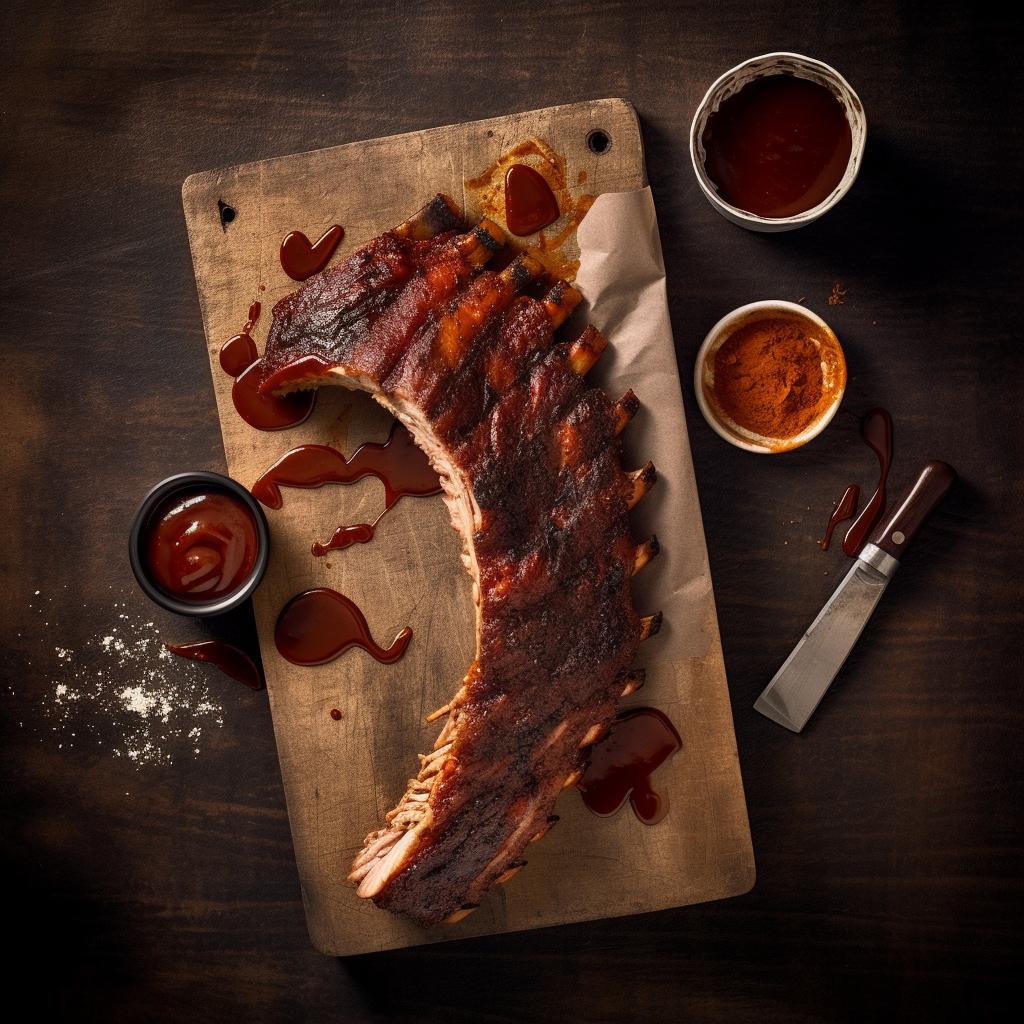
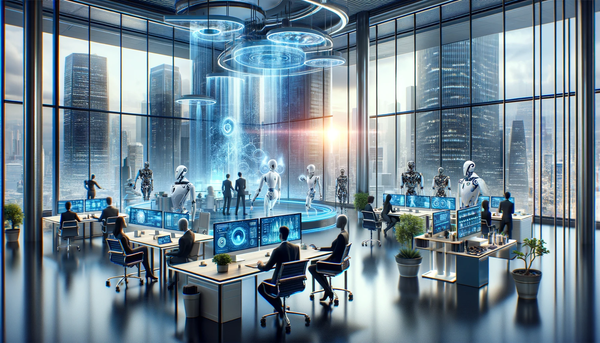
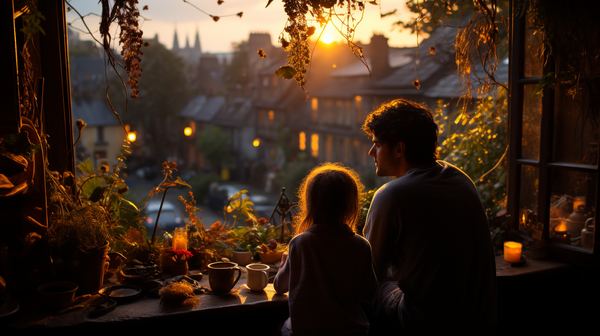

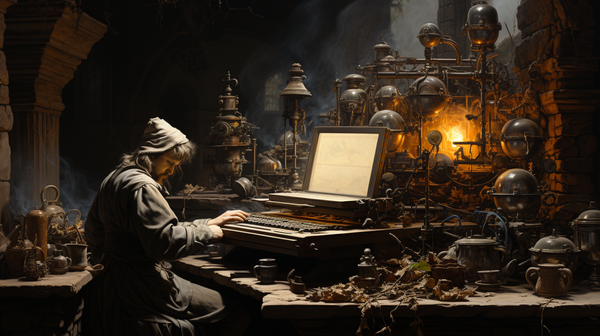
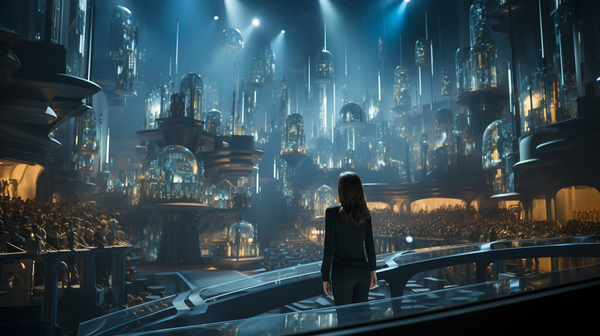
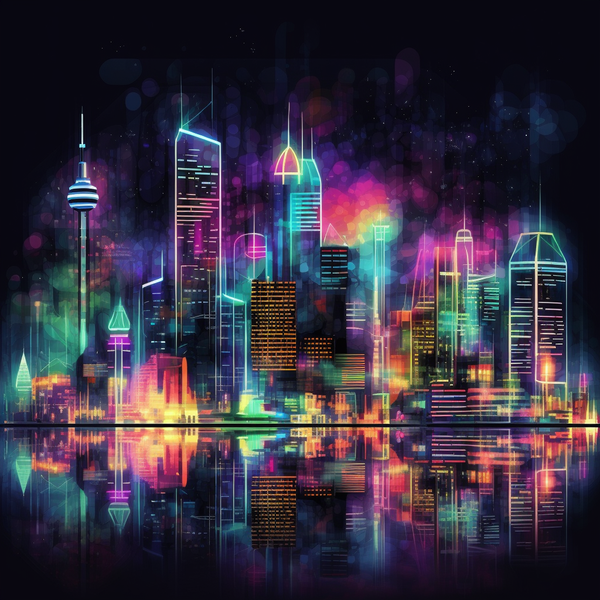
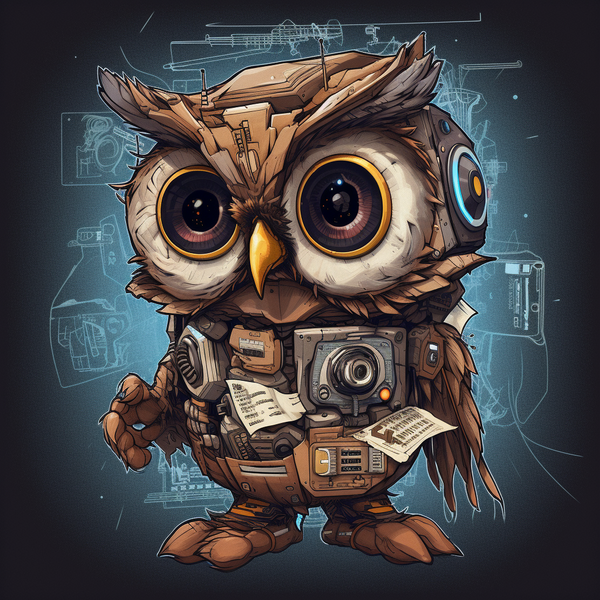
Member discussion